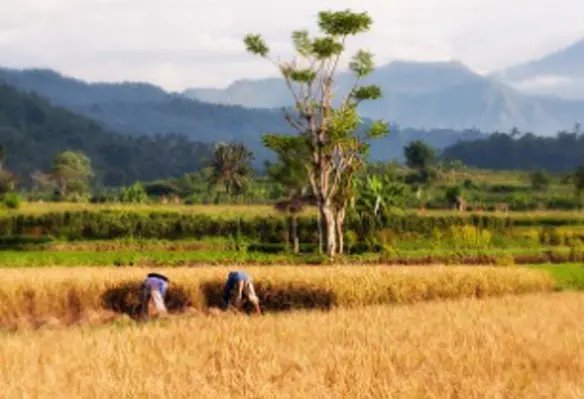A major conference at COP22 discussed how encouraging farmers to switch to Conservation Agriculture (CA) can help countries meet their climate goals
CA farmers and researchers from across the world met at the COP22 to share their experiences and discuss how they are doing their bit to stop climate change.
CA reduces carbon emissions by eliminating the tillage of land, thus keeping both carbon and valuable nutrients in the soil. Apart from this, by combining ‘no-till’ farming with cover crops and crop rotation, soil can act as a carbon sink, sequestering additional carbon from the atmosphere.
The Global Conservation Agriculture Network (GCAN) reiterated to policymakers at COP how farmers have the desire and the capacity to help and are doing great work for the climate but they need policies to support them. They pointed out how in 2015 alone, farmers globally switched an additional 10mn ha to conservation agriculture, reducing CO2 in the atmosphere by nearly 20mn tonnes. Currently 200mn ha of cropland are under CA farming globally and deliver the equivalent climate benefit of shutting down 100 large coal power plants. But advocates for CA are adamant that they can do more.
Benoit Lavier, a French farmer and member of GCAN, delivered a clear message to policy-makers attending COP22:“CA is a win-win situation. Farmers increase profitability while reducing the amount of carbon in the atmosphere. It’s time our policy makers woke up to this huge opportunity.”
“Switching to CA methods, including No-Till farming and the use of cover crops, can sequester one ton of carbon per hectare of soil each year. CA also greatly reduces emissions from agricultural machinery, improves soil quality and organic matter, and protects against erosion.”
CA holds great potential for sustainable farming in Africa in the next 30 years. Aziz Zine El Abidine, a Moroccan farmer and GCAN member, told the conference, “If African farmers do not adapt, agricultural yields could decrease by 20 per cent by 2050. CA not only helps reduce carbon in the atmosphere, but it helps to protect farmers’ livelihood from the impact of climate change.”
Maria Beatriz Giraudo, President of GCAN, said: “The opportunity for CA is huge, in both the developed and developing worlds. And it’s an easy win for politicians. Some simple, cost-neutral policy changes can help countries meet their climate targets. At the end of the day, everyone benefits.”




